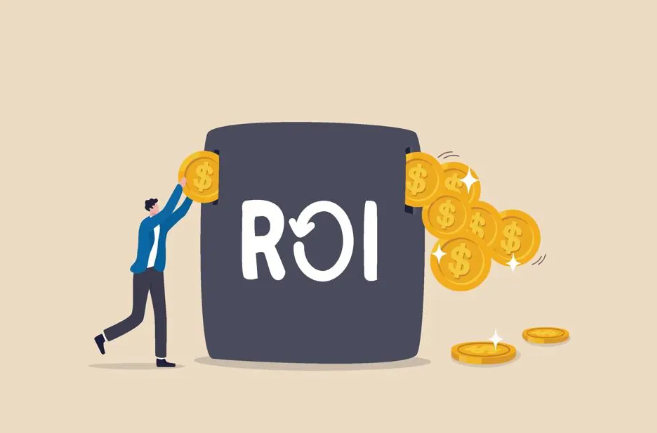Understanding ROI

Understanding ROI: The Key to Making Smart Franchise Investments
ROI is crucial for franchise candidates when choosing the right fit. It measures the profitability of the investment and helps candidates understand the potential financial benefits. Understanding the ROI can guide candidates in making informed decisions and choosing a franchise that aligns with their financial goals and expectations. My goal is to help others navigate the complexities of investing in a franchise and the importance of understanding ROI and how it could affect them.
What is ROI and Why Does it Matter?
Return on Investment (ROI) is a metric used to evaluate the efficiency of an investment. In the context of franchising, ROI shows how much profit a franchisee can expect to earn in comparison to the capital they put into the business. It’s a way of answering one of the most fundamental questions any investor has: “Is this worth it?”
For franchise candidates, ROI is not just a number—it’s a reflection of how well the franchise model works in practice, how quickly initial investments can be recovered, and how profitable the business may be over time. A high ROI suggests strong earning potential, while a low ROI might be a red flag or at least a prompt to dig deeper.
Factors That Influence Franchise ROI
Several elements can affect the ROI of a franchise, and understanding these can make a huge difference:
- Initial Investment Costs: Franchise fees, real estate, equipment, training, and inventory all impact how much you need to put in upfront.
- Operating Costs: Ongoing expenses like royalties, marketing fees, staffing, and supplies eat into profit margins.
- Brand Strength: A well-known brand may bring customers in faster, shortening the time to break even.
- Location: The local market, competition, and demand for the product or service can dramatically influence revenue.
- Franchise Support: Training, marketing, and operational support from the franchisor can help franchisees ramp up more efficiently.
How to Assess ROI Before Investing
Review the Franchise Disclosure Document (FDD): Item 19 (if included) may contain financial performance representations, which can give you an idea of what other franchisees are earning.
- Talk to Existing Franchisees: Ask about their experiences, profitability, and how long it took to reach break-even.
- Create Financial Projections: Use conservative estimates to forecast revenues, expenses, and profit margins.
- Consider Your Personal Financial Goals: ROI isn’t one-size-fits-all. A franchise with a longer payback period may still be a great fit if it offers steady income or long-term equity growth.
The Bigger Picture
While ROI is a powerful tool, it should be one part of a broader decision-making process. Think about lifestyle goals, passion for the business, risk tolerance, and long-term vision. A franchise with a slightly lower ROI but greater personal satisfaction or stability might be a smarter choice than one that’s high-yield but volatile or misaligned with your values.
Final Thoughts
Investing in a franchise is a big step, and ROI can serve as your compass in evaluating potential opportunities. It helps strip away the hype and emotion, allowing you to see the financial reality behind the business model. By understanding ROI and doing the due diligence, you’re not just buying into a brand—you’re setting yourself up for smart, strategic growth.
Whether you're just starting to explore franchise options or narrowing down your choices, keep ROI at the forefront of your analysis. It’s one of the clearest indicators of how your investment might perform—and ultimately, how it can support your financial future.
Book a time to chat with Jim about franchising: https://calendly.com/franchisesearch
4/9/2025


